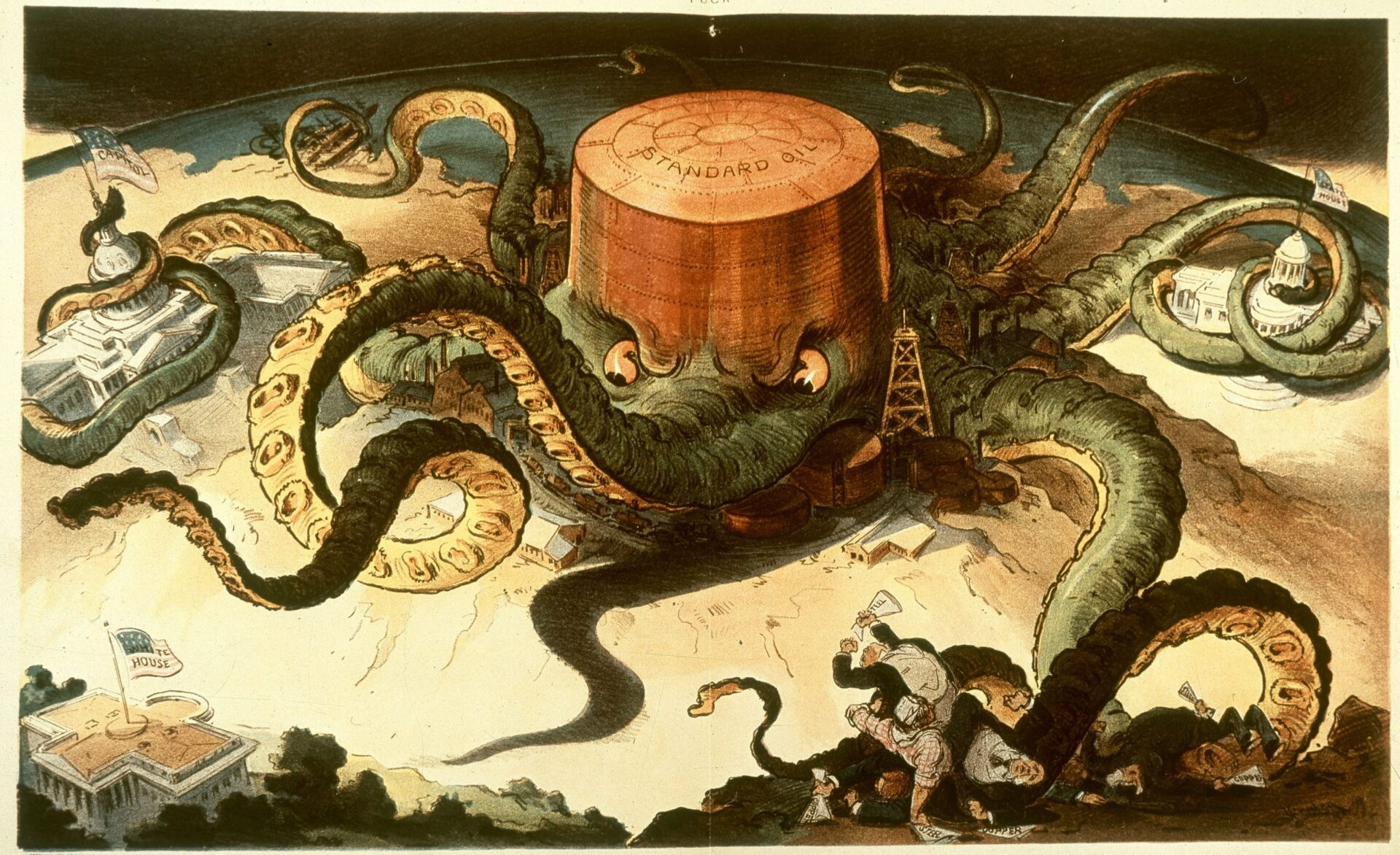The crumbling liberal democratic order, combined with climate change and various environmental crises, has led to widespread reconsideration of the basics of political thought. Among the strongest forces in this conversation is the attempt to reimagine a human political community along ecological lines, beyond a so-called nature/culture dichotomy.
What contemporary thinkers—working within urban contexts and engaging primarily with digital technologies—frequently forget is the extent to which global political theorizing has always been informed by ecological awareness. Historically, political theorists often actively engaged in embodied work—like Rousseau, caring for his bees and beans, as he worked out his new system of writing music, or Winona LaDuke’s squash and hemp empire. More importantly, the conceptual language they developed to understand politics or advocate for political change are intimately bound up with a dialectical understanding of the non-human world. Matter, the gods, and especially the plants, animals, minerals, and climate experiences of theorists’ surroundings have been integral to the development of their ideas.
If we wish to understand the relationship between our own political economic world order and the environmental crises we face, it is necessary to uncover the hidden assumptions about the non-human world that subtend that order. Further, if we wish to propose new models for political community located in place and abiding by the limits of our environments, we must be self-conscious about the language we use to engage the non-human in our thinking.
To this end, Thoreau College is offering a 6-week intensive course on the theme of “The Organic Metaphor in Politics,” January 15-February 23, 2024. The seminar series will cover a globally representative range of source texts, and cover topics from the normative deployment of the concept of nature; the conception of the state as a superorganism; the tradition of “natural law”; and the relation between philosophies of life, revolution, and violence. The course will also give participants the experience of engaged practice through a series of land stewardship labor tasks and a 5-day winter expedition during which we will question the theory of the “State of Nature.”
All are welcome to join this exciting and challenging program, where we will be scouring the past and present of political thought to develop lessons and tools for producing new models of collective living that are appropriate to our environment and climate, as well as supportive of the integration of the whole human person—body, mind, and soul.


